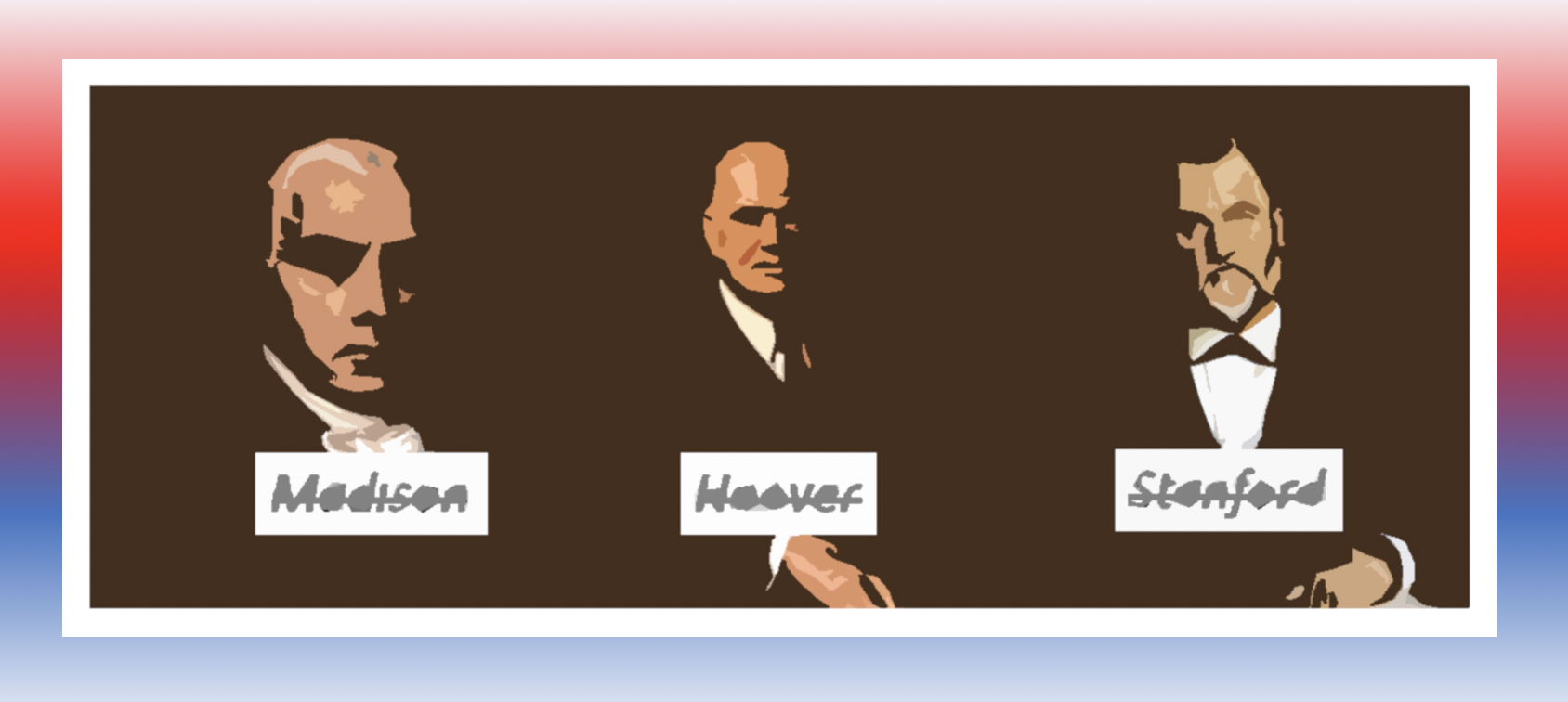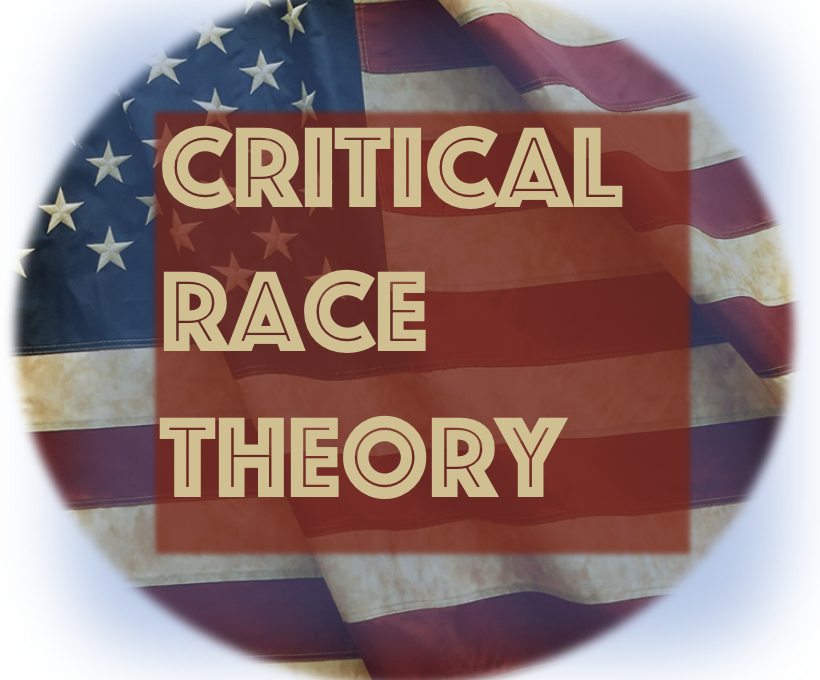The discussion of race and racism in America continues. President Biden seeks to appoint Black female nominees to the Supreme Court and the Federal Reserve. Some conservatives are outraged. Meanwhile, the NFL has been accused of racism by a former coach. And California cities are apologizing for racism against Chinese Americans, including Los Angeles, San Jose, and most recently, San Francisco.
As the history of racial politics unfolds before our eyes, it may be useful to imagine what race relations may look like in the future. For this, we might turn to science fiction. I’ve been reading a fascinating new book by Oregon State philosophy professor, José-Antonio Orosco, about social justice as imagined by “Star Trek.”
“Star Trek” was groundbreaking in its time for how it dealt with race. Orosco uses the show as a launching pad for reflection on contemporary racial issues.
The cast of the original show was decidedly diverse. The starship Enterprise was staffed by a Russian navigator, a Scottish engineer, an Asian helmsman, a Black female communications officer, and an alien, the Vulcan, Mr. Spock.
The show’s creator, Gene Roddenberry, made his views on diversity manifest in the motto of Spock’s Vulcan philosophy, which celebrated “Infinite Diversity in Infinite Combinations.” Roddenberry thought that an enlightened future would go beyond toleration toward the active embrace of our differences. To live long and prosper, as Mr. Spock might put it, we should value our diversity.
“Star Trek” emerged out of the tumultuous racial tensions of the 1960s. The Rev. Dr. Martin Luther King Jr. reportedly liked the show and its portrayal of a racially inclusive future. The show even featured, in 1968, a famous interracial kiss, between Kirk and Uhura.
Orosco explains that in the 1960s, “Star Trek” imagined the future as “colorblind.” The idea was to downplay and ignore racial differences. The original series showed a future in which enlightened humans would no longer see race as important.
But Orosco argues that colorblindness contains a blind spot. In attempting not to see color, we may end up turning a blind eye to remaining racism. In trying to ignore race, we may in fact ignore racism. That may make it more difficult to eliminate racism. Racial inequities do not disappear simply because we ignore them. These things must be named, confronted and remedied.
As “Star Trek” was rebooted and updated in subsequent decades, the colorblind model gave way to a more deliberate embrace of multiculturalism. The point was not to ignore differences. Rather, “Star Trek” found ways to celebrate diversity — in its casting and in its plot-lines. Klingons and other “aliens” (including the android named Data) were brought onboard the Enterprise, welcomed and included.
It’s tempting to imagine that we’ve already arrived at this inclusive future. But we only get to the future by passing through the present. And in the present, there are still exclusions and prejudices that must be confronted.
This takes a conscious effort, including what scholars like Orosco call “anti-racist” work. As Orosco argues, to evolve in the direction imagined by “Star Trek” we must work to dismantle racism and racial prejudice. This work involves finding ways to make sure that institutions of power are inclusive. Apologies and reparations may also help.
We also need models that help us imagine a better world. Literature, film, and other arts have an important role to play in the development of the human spirit.
The hopeful vision of “Star Trek” is a tale of evolution. The utopia imagined by ”Star Trek” has a back-story. The Vulcans were originally a warlike people. But they overcame their self-destructiveness by learning to cultivate logic, nonviolence, and love of diversity. They even became vegetarians.
The humans in “Star Trek” also evolve. In the series’ imagined timeline, the 21st century was a terrible time of violence and dislocation. But we survived and learned from our mistakes. We became explorers motivated by curiosity rather than conquerors motivated by greed. We learned to value logic rather than violence. And we came to embrace the idea of infinite diversity in infinite combinations.
This is fiction, of course. The future is uncertain. But to boldly go where no one has gone before, it helps to have a vision of what the future may hold.





